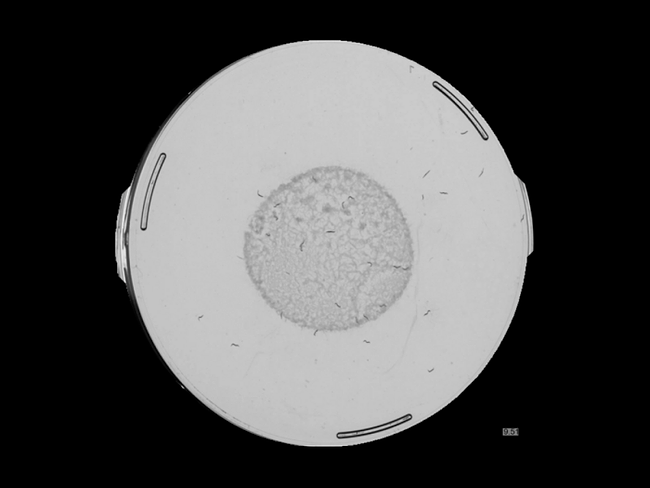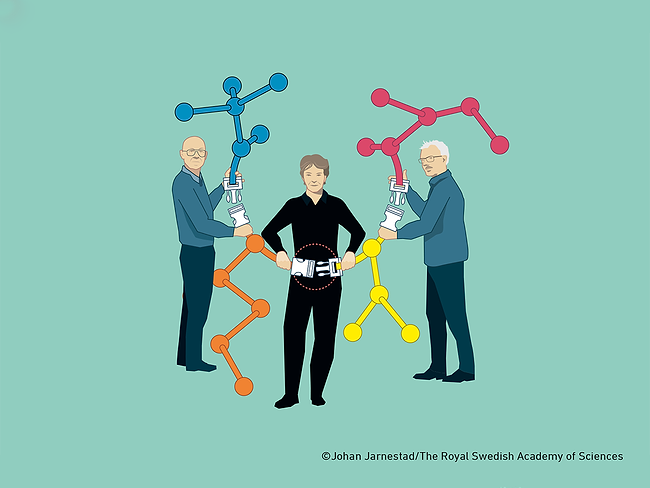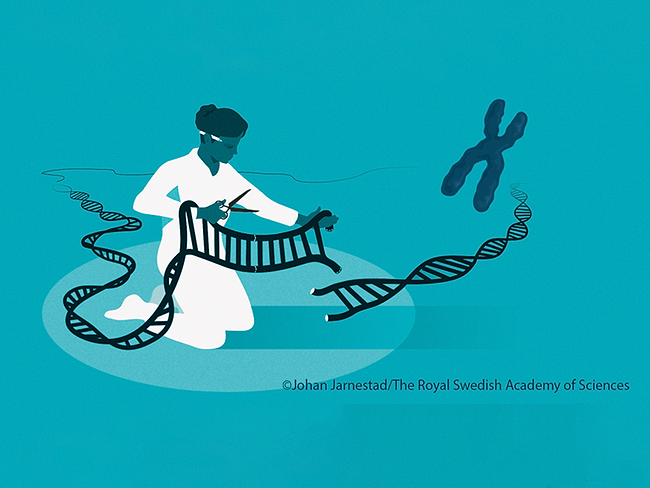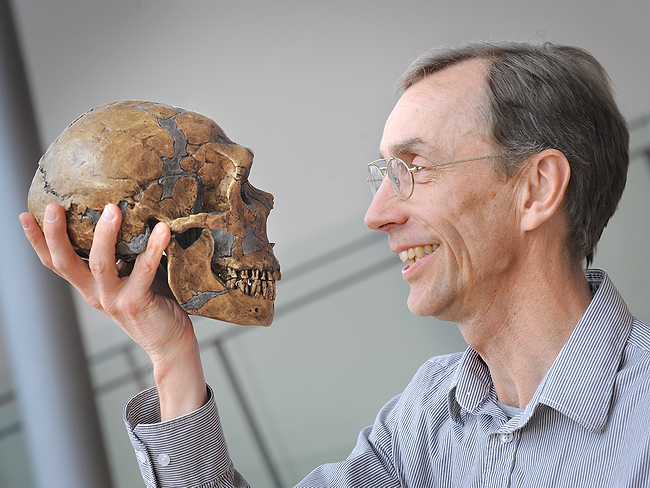
Science
Drug Design, Drug Delivery & Technologies
Promoting attachments nets 2022’s Nobel Prize in Chemistry
Read MoreDrug Design, Drug Delivery & Technologies
CRISPR activation mouse model can turn on previously silenced genes
Read MoreDrug Design, Drug Delivery & Technologies







